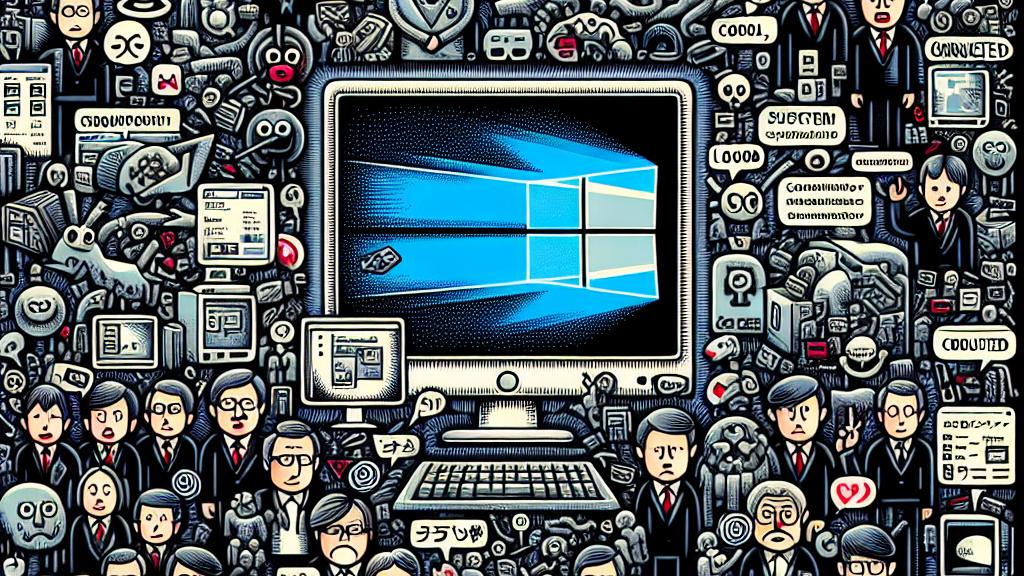How to Fix Slow Windows Due to Corrupted System Files
Overview
- Corrupted system files can severely slow down your Windows PC, resulting in a frustrating user experience.
- Regular maintenance is essential; it not only boosts performance but also helps avoid costly repairs in the future.
- Utilizing tools like SFC and DISM is crucial for quickly restoring your system's efficiency and speed.

Understanding the Issue: The Silent Saboteurs of Performance
Have you ever felt like your Windows computer is dragging its feet? You’re not alone! This common predicament, often experienced by users in Japan and beyond, frequently arises from corrupted system files. Over time, as we install and uninstall programs—especially those free applications that might sneak in malware—these vital files end up getting corrupted. For example, think about that new game you downloaded; it was fun, but it came with a hidden cost, slowing down your system considerably. By regularly checking and repairing these files, you can revitalize your system performance and prevent unexpected crashes that can set you back. Imagine clicking on an application and feeling it open how it did when it was fresh out of the box!
Solutions: Empowering Your PC with Built-in Repair Tools
To reclaim your computer's swift performance, it’s essential to harness the power of built-in tools like SFC (System File Checker) and DISM (Deployment Image Servicing and Management). When you input 'sfc /scannow' into the command prompt, your computer embarks on a mission: scanning for corrupted files like a detective searching for clues. Once it identifies any issues, it replaces them with pristine versions, restoring your system’s integrity. But if SFC falls short, DISM is your backup hero, ready to step in. Running the command 'DISM /Online /Cleanup-Image /RestoreHealth’ is akin to giving your entire Windows installation a thorough health check-up. These actions are not just maintenance; they are crucial steps in ensuring your system runs optimally, transforming tedious tasks into simple fixes. After all, a few minutes of your time can lead to a dramatically enhanced computing experience!
The Secret to Longevity: Consistent Maintenance for Peak Performance
However, it doesn't end with repairs; think of regular maintenance as the secret sauce to keeping your Windows operating system young and vibrant. By routinely cleaning out unnecessary files and uninstalling unused applications, you provide your PC with room to breathe. For instance, utilizing the built-in Disk Cleanup tool can swiftly remove junk files and enhance performance—making a significant difference in speed and responsiveness. Additionally, tech experts often suggest reinstalling your OS every few years, especially after major updates, as this practice can work wonders for system longevity. By taking these proactive steps, you not only prevent the buildup of corrupted files but also ensure your computer stays responsive and reliable. Ultimately, committing to maintenance makes your computing journey smoother and more enjoyable, allowing you to accomplish tasks with ease and efficiency.

Loading...